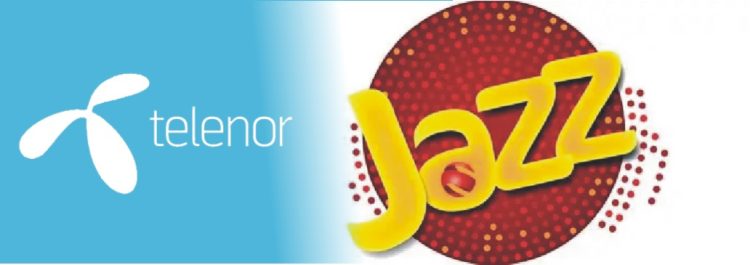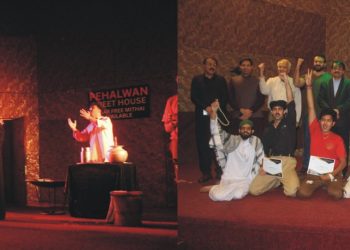By: Aamir Lashari
Islamabad – Complaints against leading cellular service providers Jazz and Telenor are pouring in from across Pakistan, with users accusing the companies of unchecked balance deductions, poor network performance, and automatic activation of unwanted Value-Added Services (VAS). The rising discontent has triggered a wave of criticism on social media platform X (formerly Twitter), where users are calling on the Pakistan Telecommunication Authority (PTA) to take immediate action.
According to widespread user reports, mobile balances are often deducted without the users making any calls or using mobile data. Many allege that Jazz and Telenor automatically activate paid VAS without their consent — resulting in silent, continuous balance depletion.
A Jazz customer revealed on X that seven different VAS subscriptions were activated on his number without his knowledge. Despite several complaints through the helpline, the services remained active, and his balance was repeatedly deducted.
Users also report frustrating experiences with helplines. Callers are kept on hold for extended periods, and many say they never get through. “Even if you manage to reach an agent, they blame you for activating the service yourself. When you deny it, they disconnect the call,” wrote one Telenor customer in a post on X.
Service quality in rural areas remains a major concern. Customers complain that during load shedding, mobile signals often disappear completely, cutting off access to calls, texts, and internet. The outages leave users vulnerable and disconnected — especially in emergencies.
While customers continue to pay for expensive 4G data plans, actual performance often falls far short. Users from various cities and towns report persistent slow internet, sometimes dropping to 2G speeds, particularly during electricity cuts.
Compounding the frustration, telecom companies have increased call and internet package prices frequently, often on a quarterly basis. Despite the price hikes, users report no improvement in services. “The prices are going up, but the quality keeps going down. This is exploitation,” remarked a user from interior Sindh.
Though the PTA receives thousands of complaints each month, users allege that the regulator’s actions are slow, ineffective, and often superficial. The authority’s lack of strict penalties or transparency has led many to lose confidence in its ability to protect consumers.
However, PTA officials insist that complaints are dealt with on merit and in accordance with regulatory rules, and that the resolution rate stands at over 99%. “The Authority is taking all possible measures to address consumer grievances.”
“PTA needs to wake up. The Chairman must take personal notice of this mess. Customers are tired of being robbed in broad daylight,” posted one user while tagging the PTA on social media.
Despite increasing public outrage, there is little indication of serious regulatory reform or corporate accountability. Consumers are now urging the government and PTA to overhaul the complaint system, enforce consumer protection laws, and stop what many describe as a “digital daylight robbery.”


















